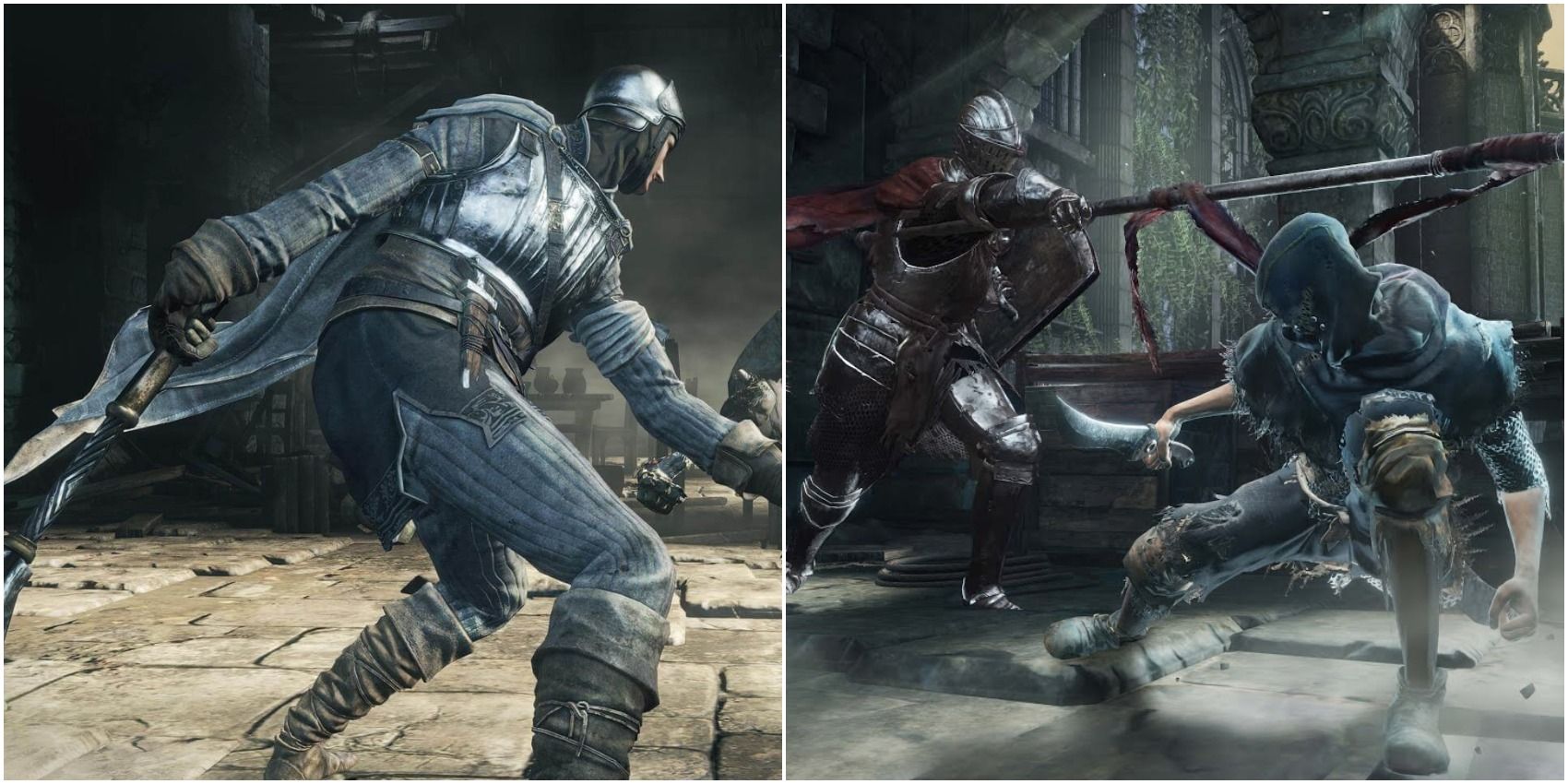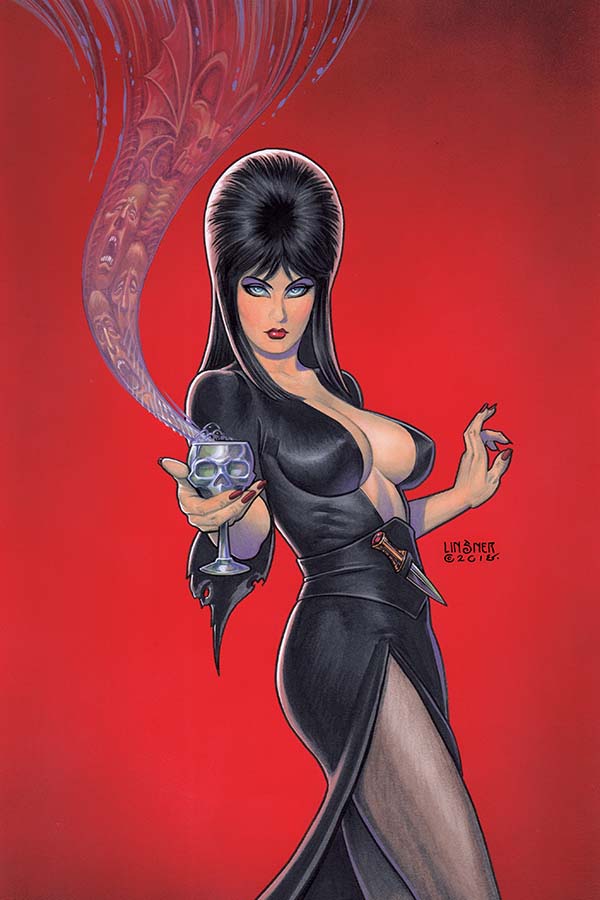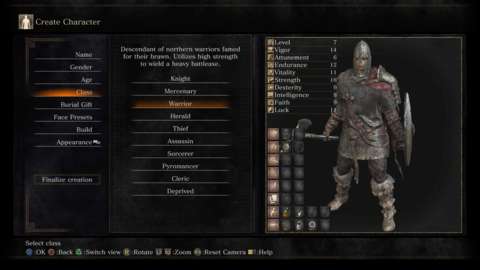

It also makes it likely for your enemies to drop more items on death, which can be very useful given how much equipment can increase your capabilities in the game. Luck – Luck increases your bleeding and poison capabilities, and your resistance to curses. Intelligence – this increases your magic defence, but you also need it for casting sorcery and pyromancy based spells.įaith – Faith is required for casting miracles and pyromancies (you’ll note that pyromancy needs both Faith and Intelligence).

It also reduces your spellcasting time, and the damage you receive from falling. Strength – allows you to wield heavy weapons and armour, as well as increasing the damage you do with strength based weapons (like greatswords) and your resistance to fire damage.ĭexterity – dexterity is required to wield advanced weapons. Vitality – increases your max equipment load, resistance to physical damage, and resistance to poison. Endurance also increases your resistance to lightning and bleeding damage.

You can think of them as spell slots, if you’re more familiar with western RPGs.Įndurance – endurance governs stamina, which restricts how far you can sprint and how many swings you can take with your weapon before you get knackered out. Vigor – mostly governs your hit points, but also raises your frost resistance, for some reason (which is actually more important than you’d think given that a lot of the bosses have a frosty element to them).Īttunement – governs your focus points (which is functionally the same as your mana) and you attunement slots, which are what limit the number of spells you can carry. The levelling and character menus will look familiar if you’ve played any souls games before, but if you haven’t they can seem complicated at first glance. The stats for Dark Souls 3 are similar to Dark Souls 2, although there’s no Adaptability, and we have, instead, Luck. Character Attributes and Stats in Dark Souls 3 Battle Arts draw from your focus (your magic), rather than stamina, even if your character isn’t a spellcaster. As you progress through the game you can develop your character in different directions, and, with different equipment, can create a unique, fine tuned character.Īll classes have access to Battle Arts, unique skills which differ depending on the weapon you’re using – it could be a devastating attack, or a damage buff. one that locks you to a certain skill trees like in, for example, Dragon Age), but the character type you pick when you begin the game will weight your starting stats in a certain direction, and give you equipment that sets you up a little better for different styles of play. Dark Souls doesn’t have classes in the most usual sense (i.e.


 0 kommentar(er)
0 kommentar(er)
